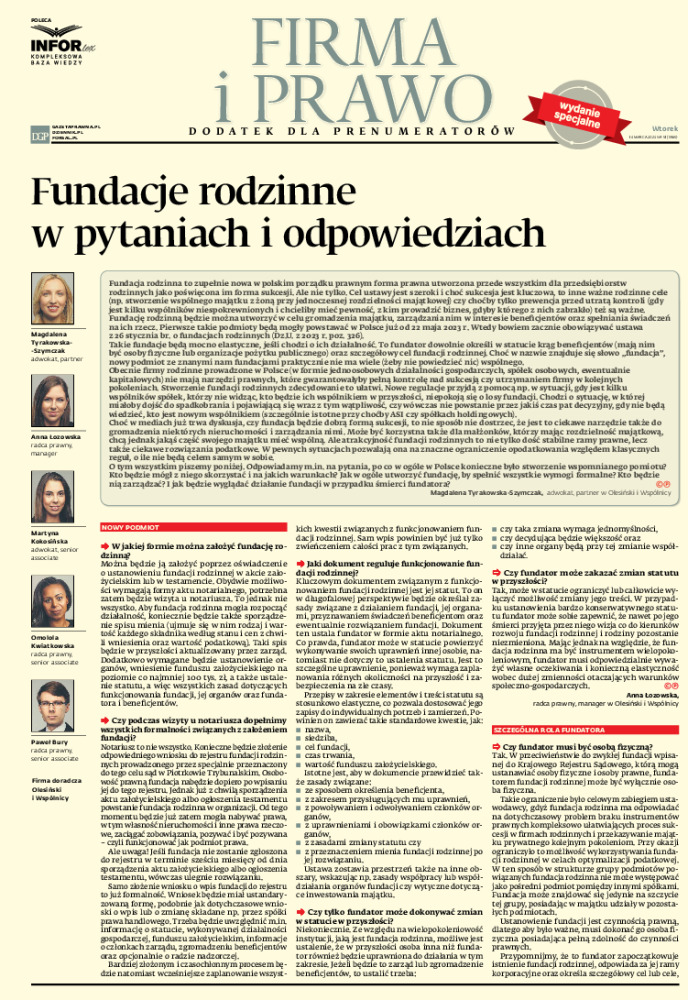The Vicious Circles of Housing in Poland
The polish government, as well as other governments in the region, should support the construction of affordable housing with the demographically appropriate size, location and finishing standard
Poland, like most countries in Central and Eastern Europe, has been struggling with the same housing problems for many decades. There is a shortage of affordable flats and houses; especially more spacious homes that are suitable for larger families.
The rental market is underdeveloped – in smaller towns it is impossible to rent anything, and the few available listings are so exorbitantly priced that even people with average income cannot afford them. In big cities, there are more offers, but due to high prices and the risk of quick termination by the landlord, renting is not a viable alternative to ownership. As a result, flats are overcrowded, often in poor technical condition, and young people continue to live with their parents for many years after reaching adulthood. As a result, Poles are increasingly frustrated with their housing situation.
Past Experiences
During the systemic transformation, private ownership was supposed to be the panacea for everything, including the housing situation. Towards the end of communism, the state had virtually no money for anything, and renovating the deteriorating municipal and cooperative housing stock was low on the list of priorities; construction of new properties was even further down. Private ownership was supposed to encourage citizens to voluntarily spend money on both. At least in theory, after being granted property rights, flat users were supposed to have an incentive to renovate their properties, and the rapid rise in nominal property prices that accompanied inflation was supposed to generate an automatic increase in wealth. As a result, new flat owners were supposed to get rich and spend this money on consumption, bolstering the young capitalist economy. Private ownership was also supposed to encourage those who already had savings to invest in the construction of new buildings.






